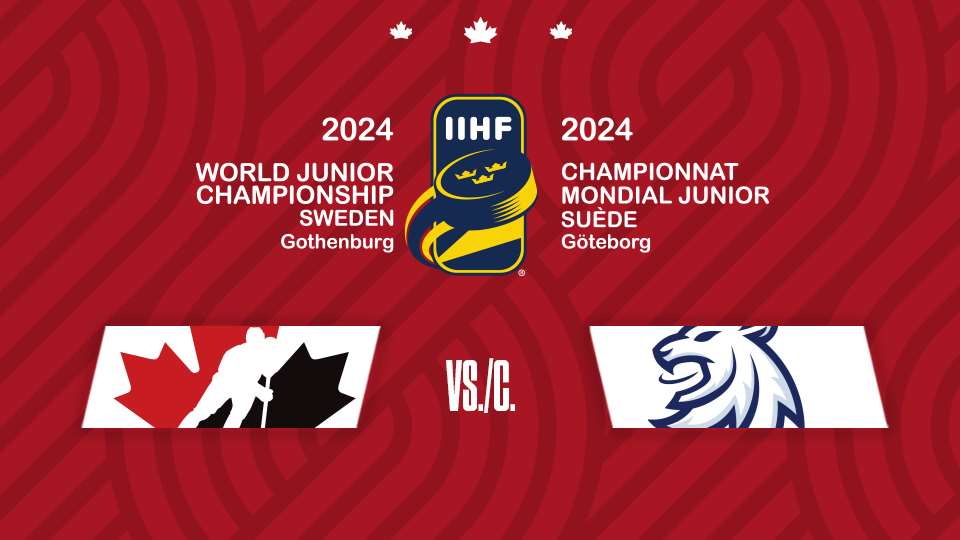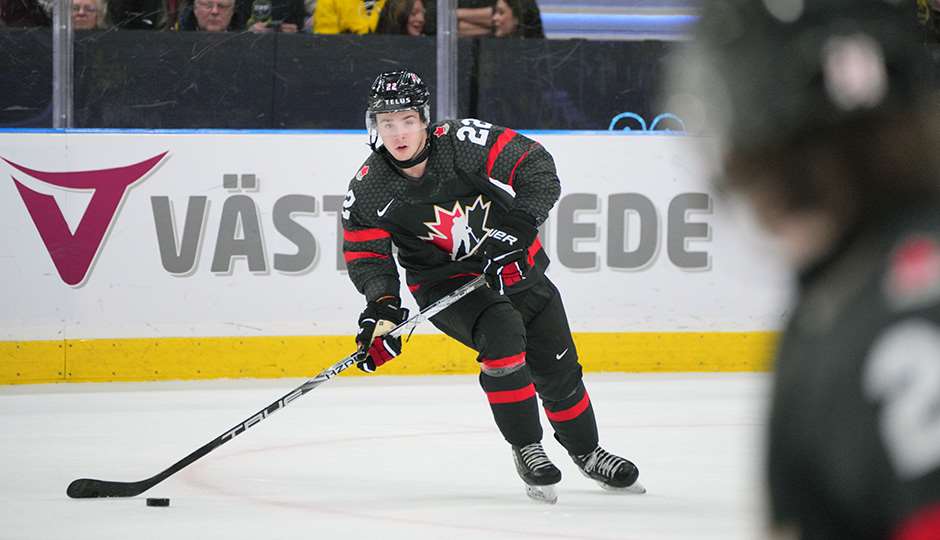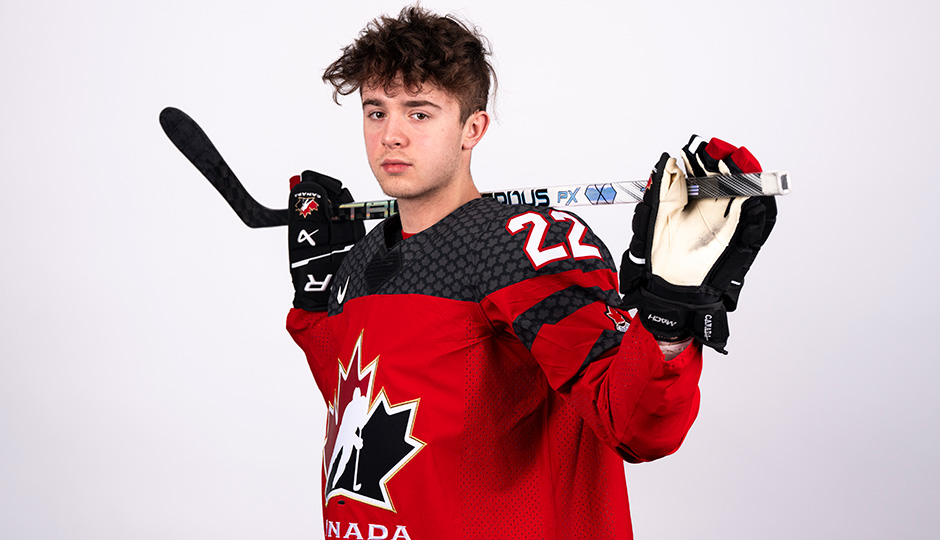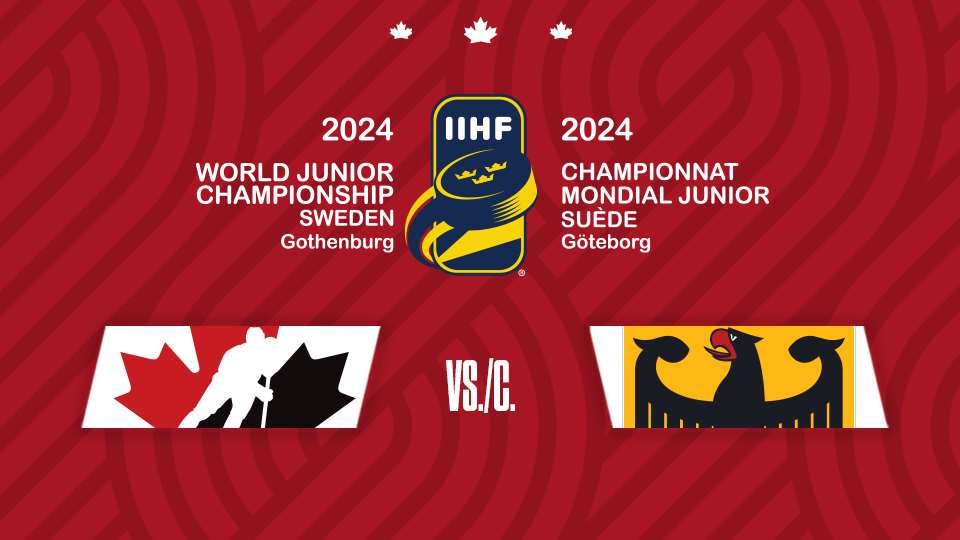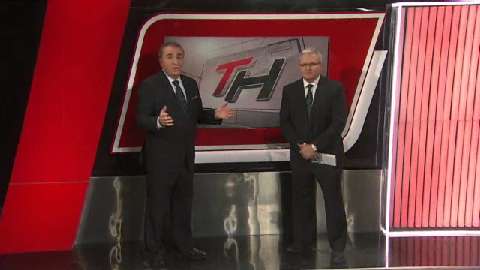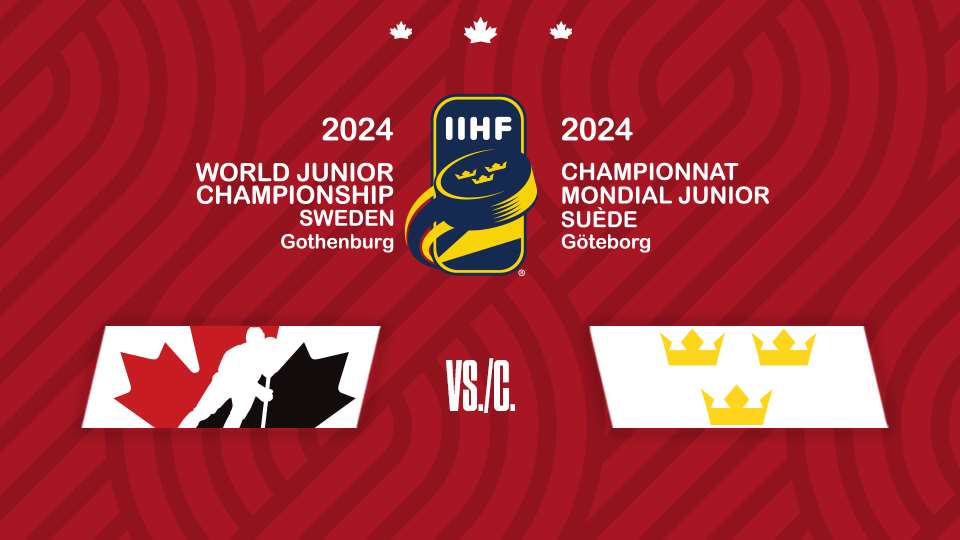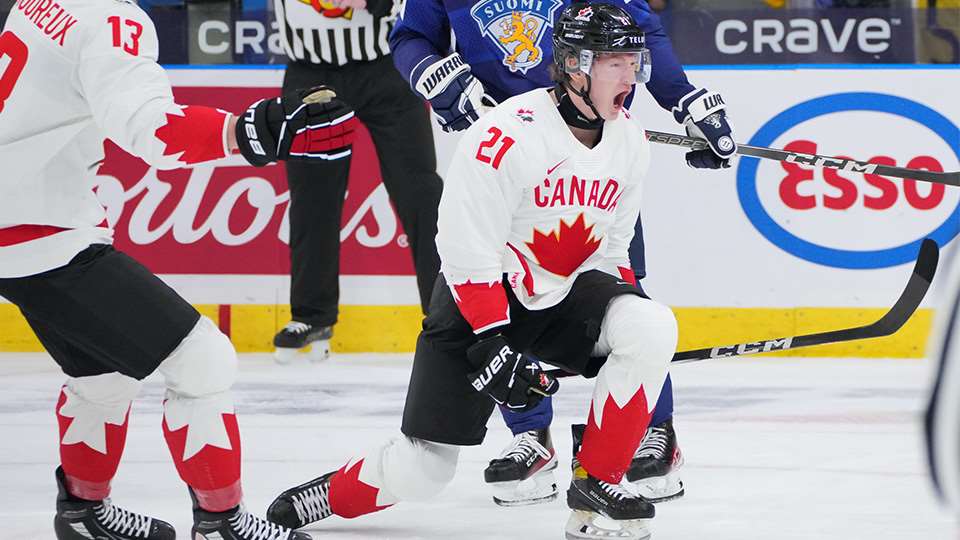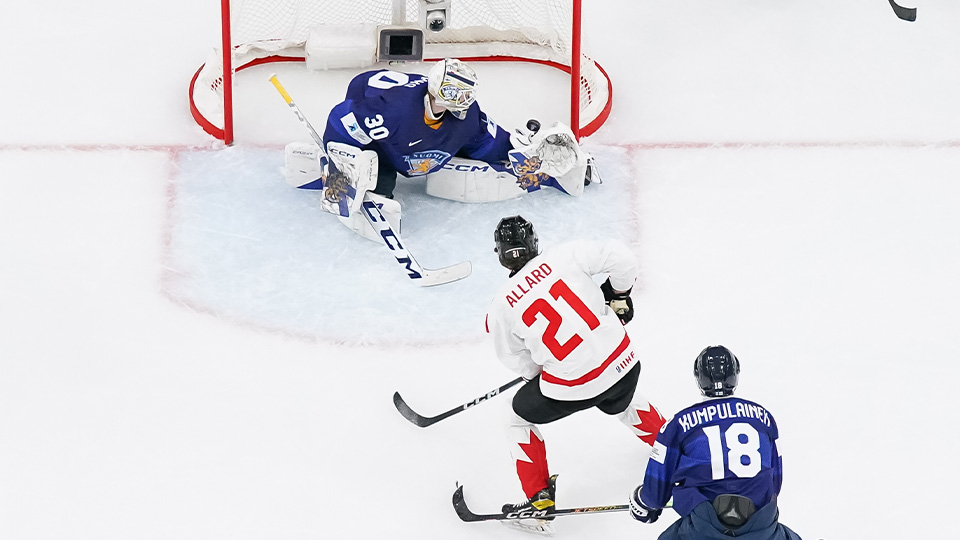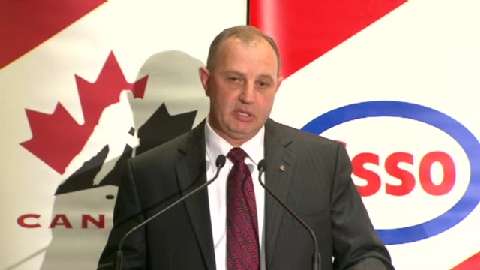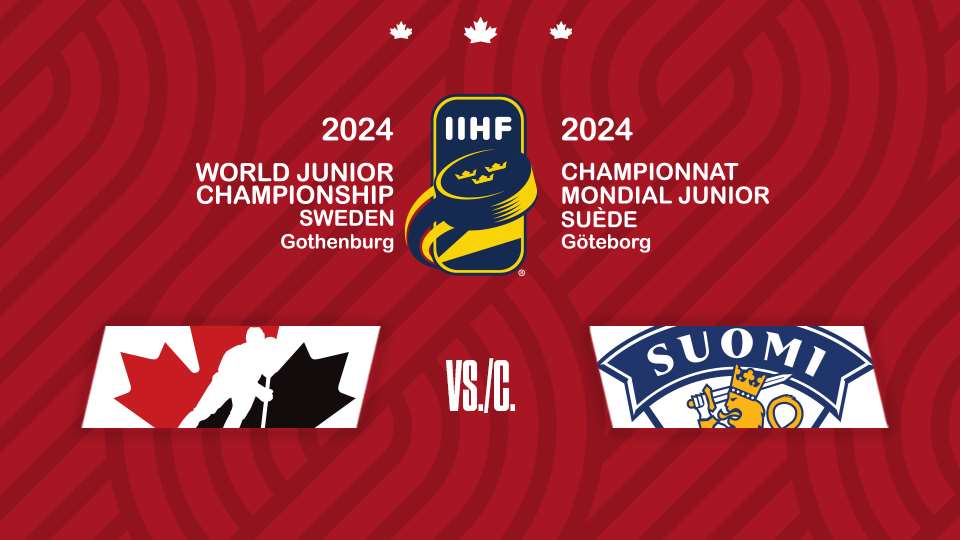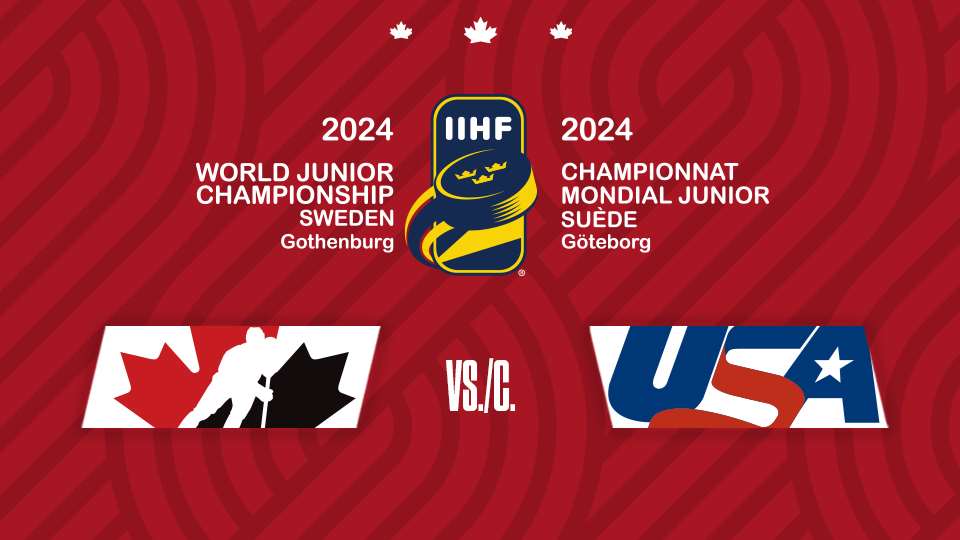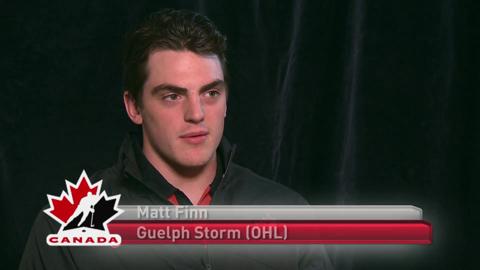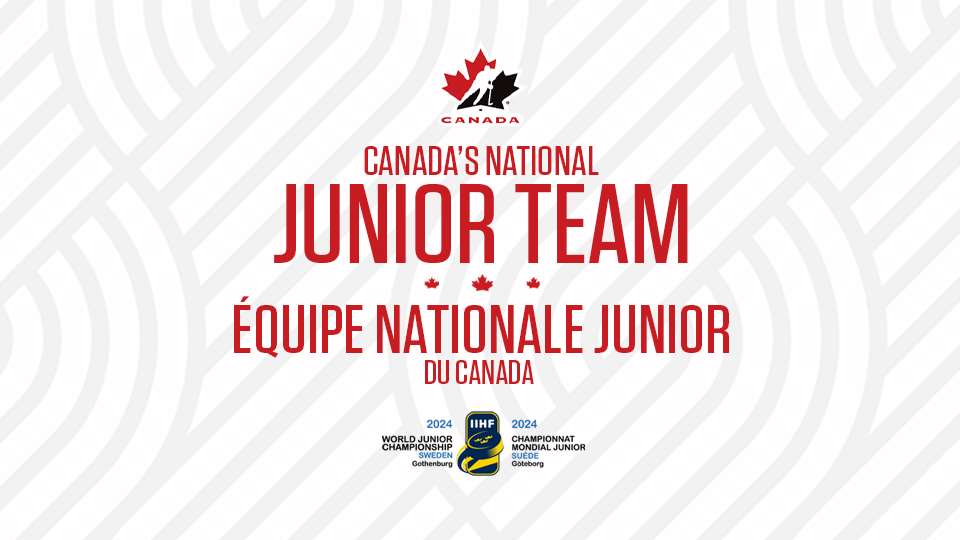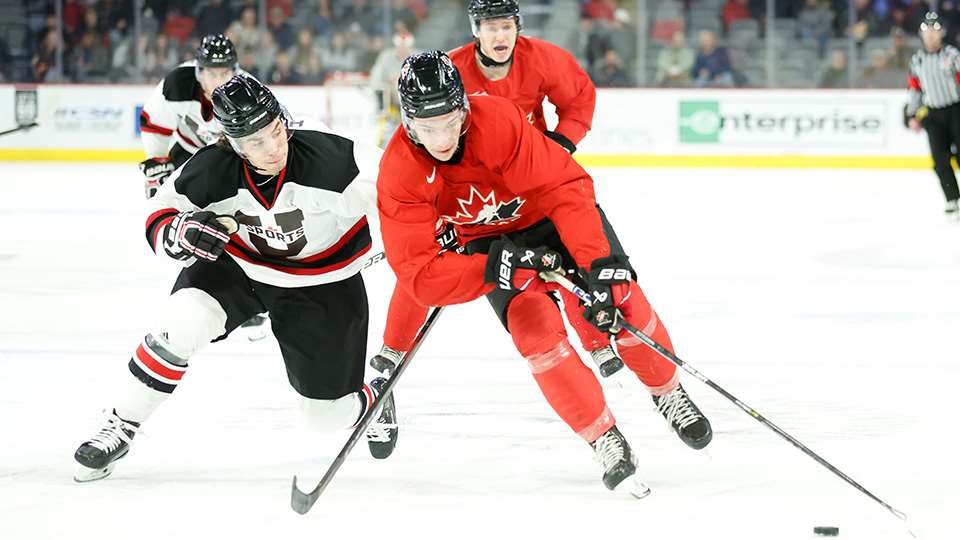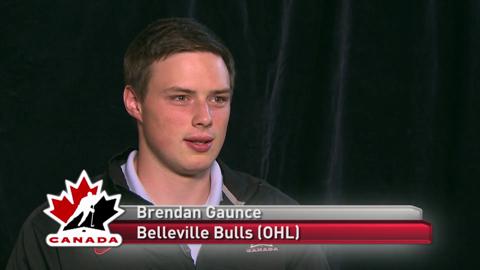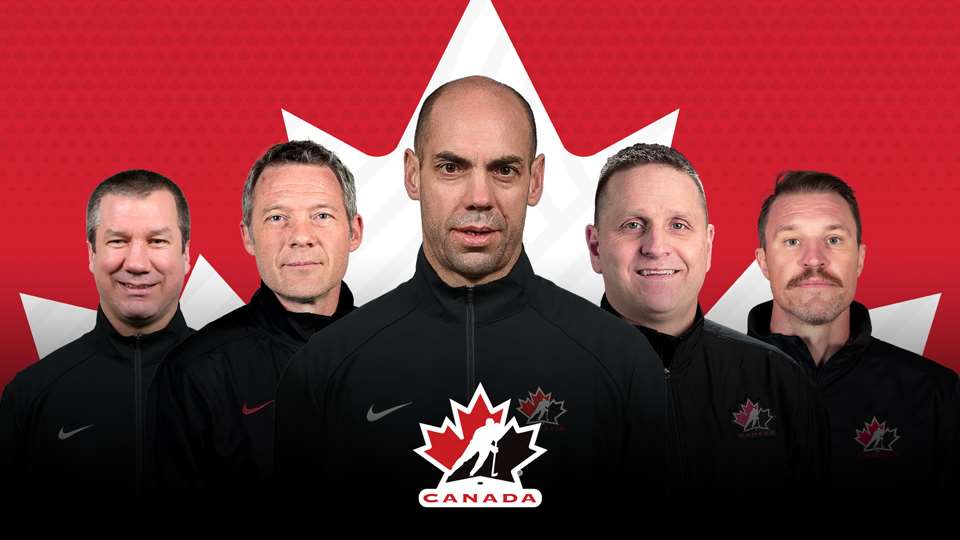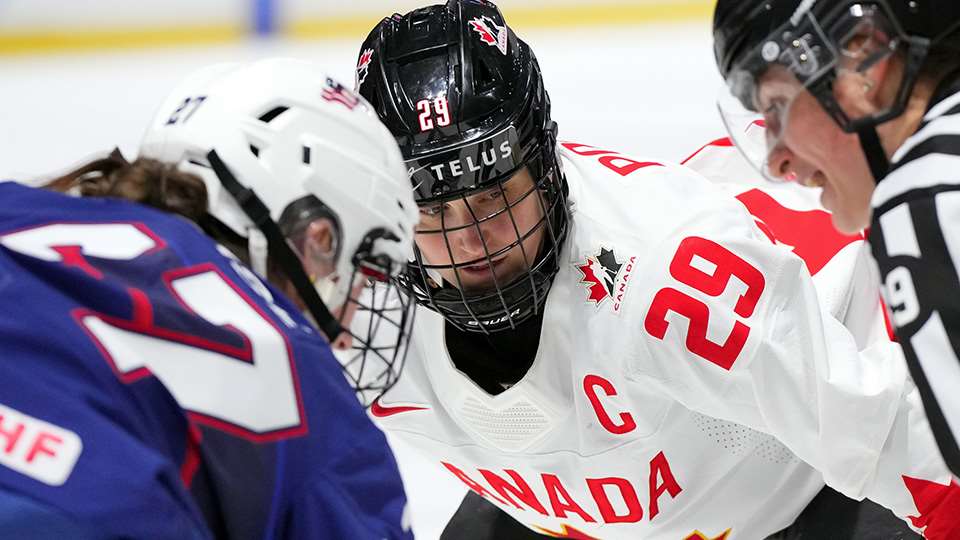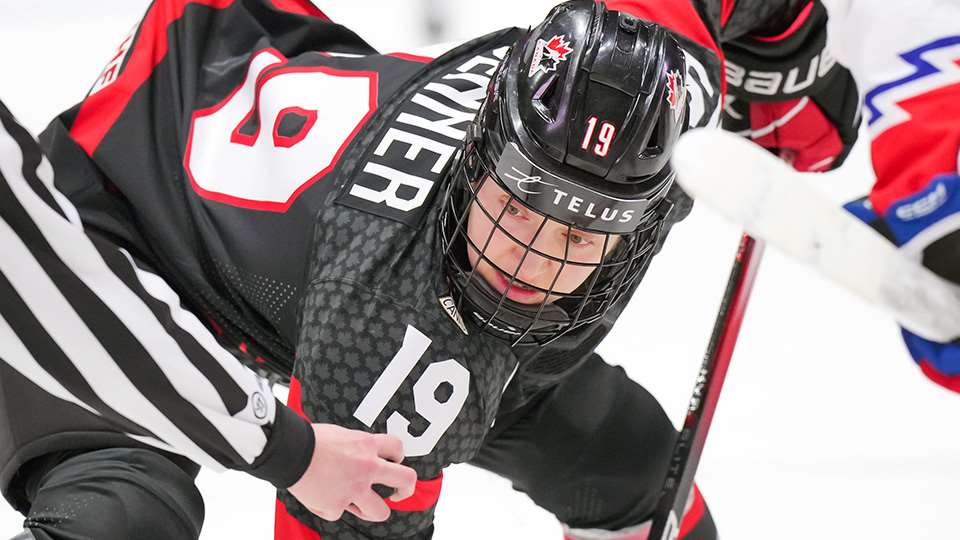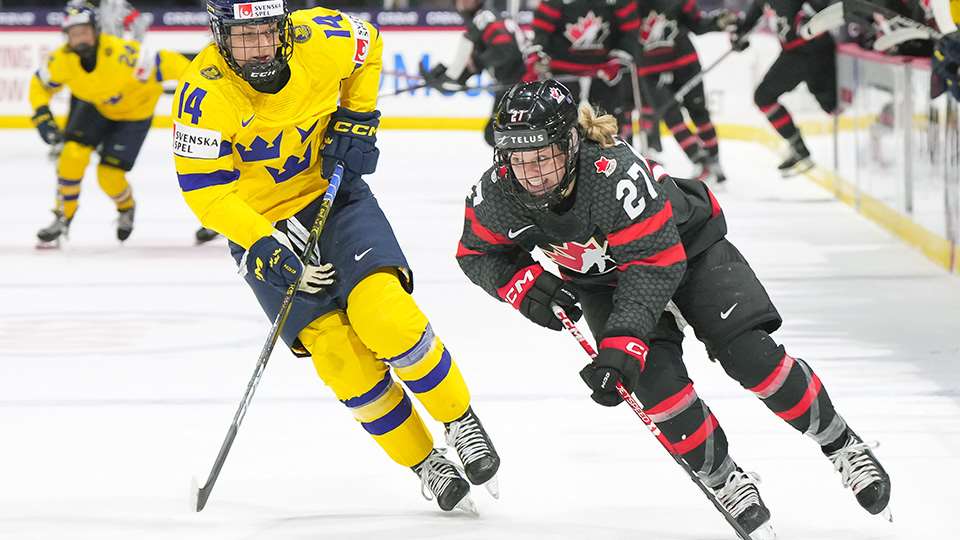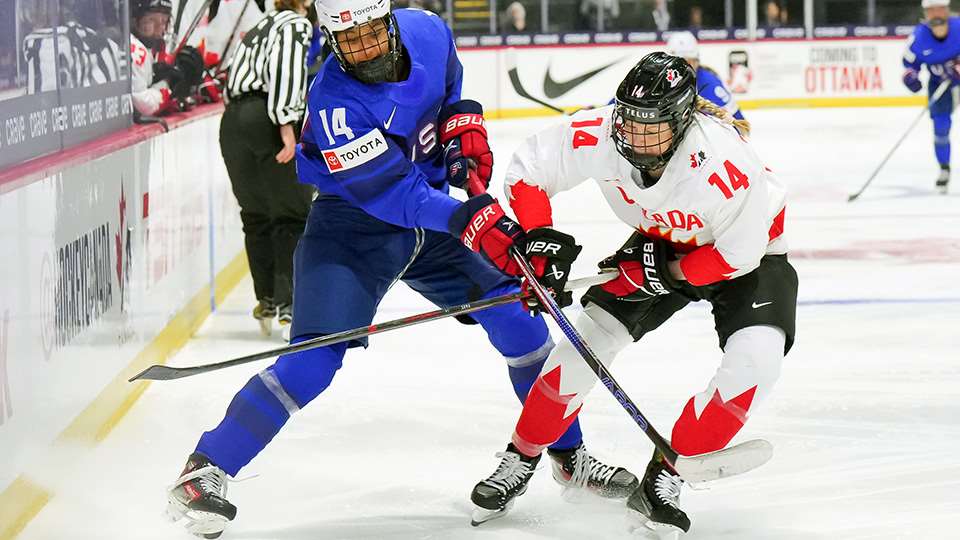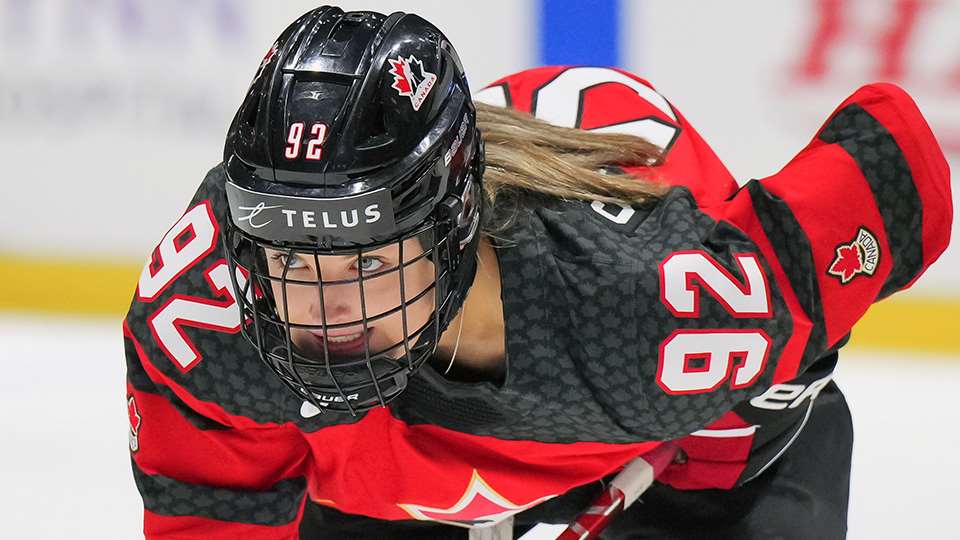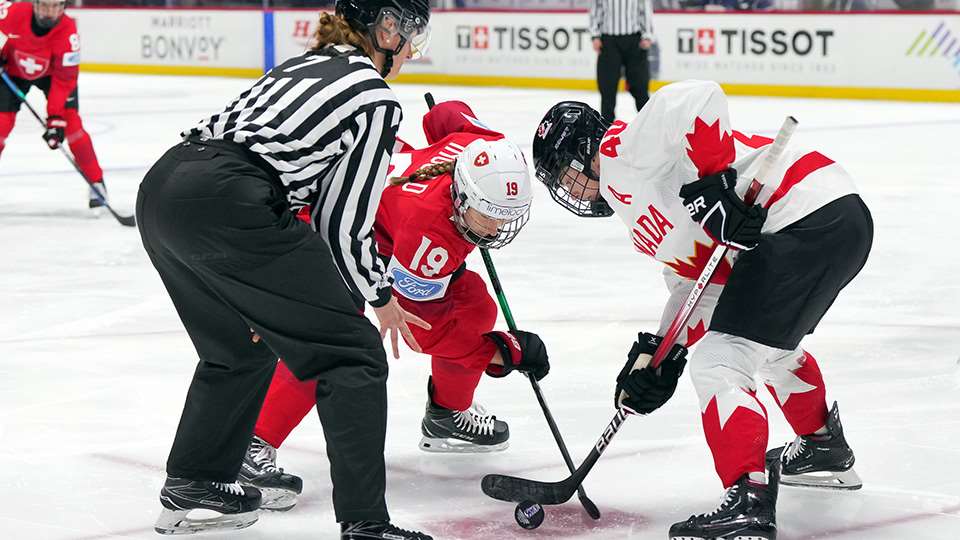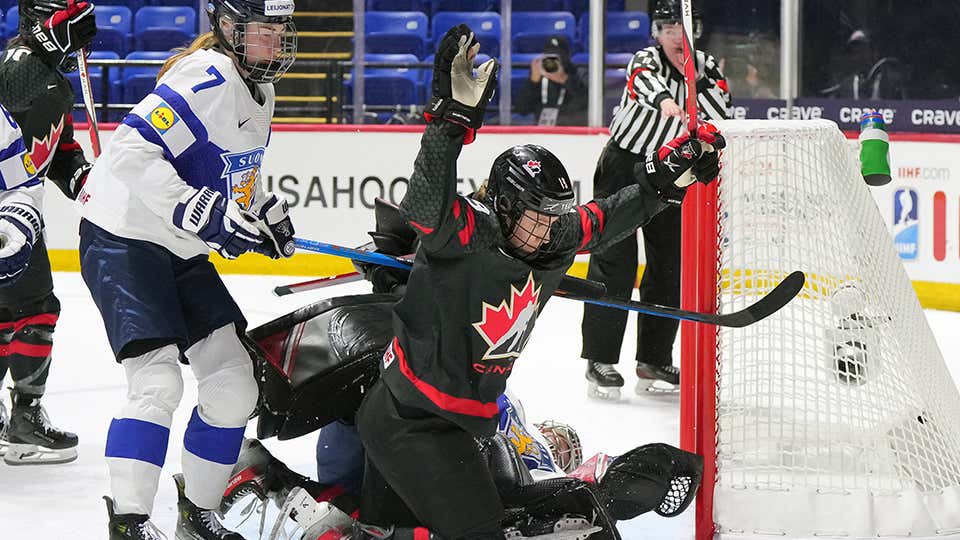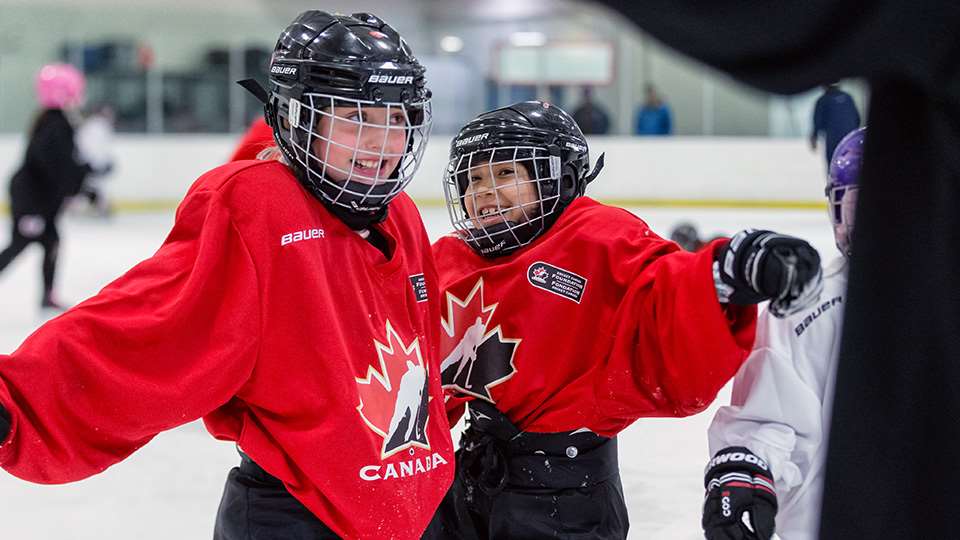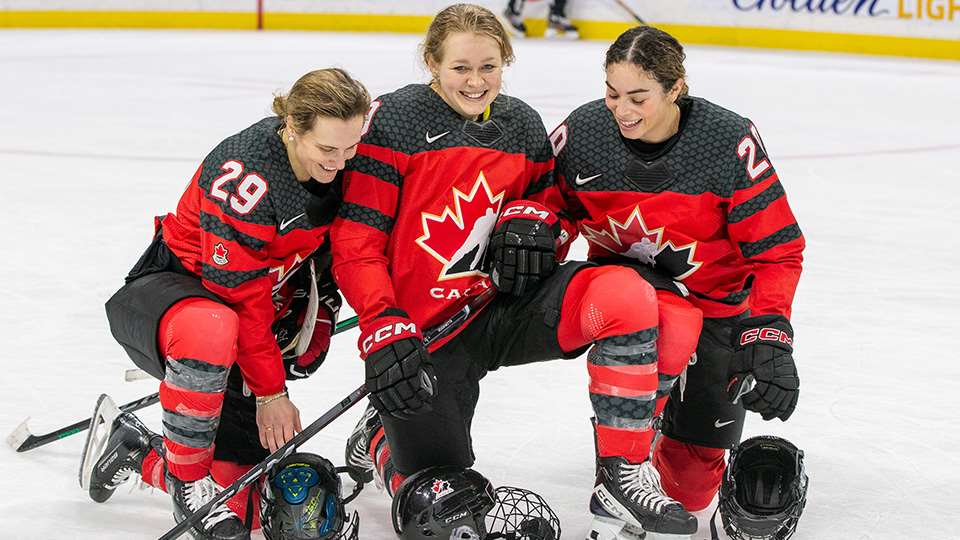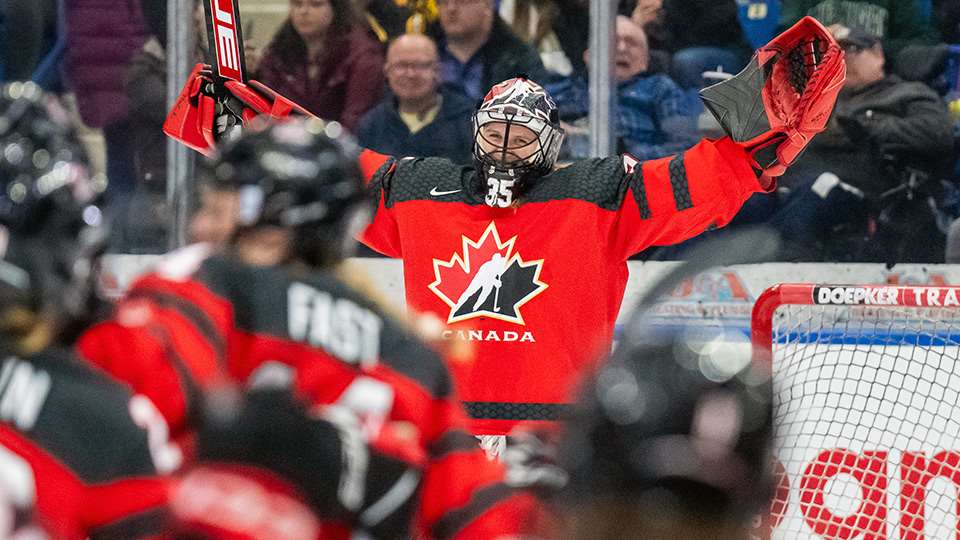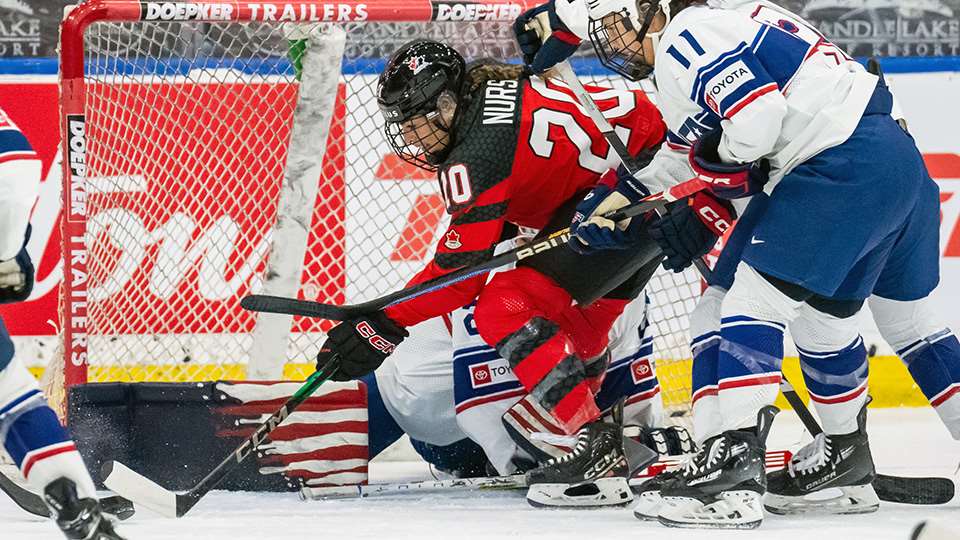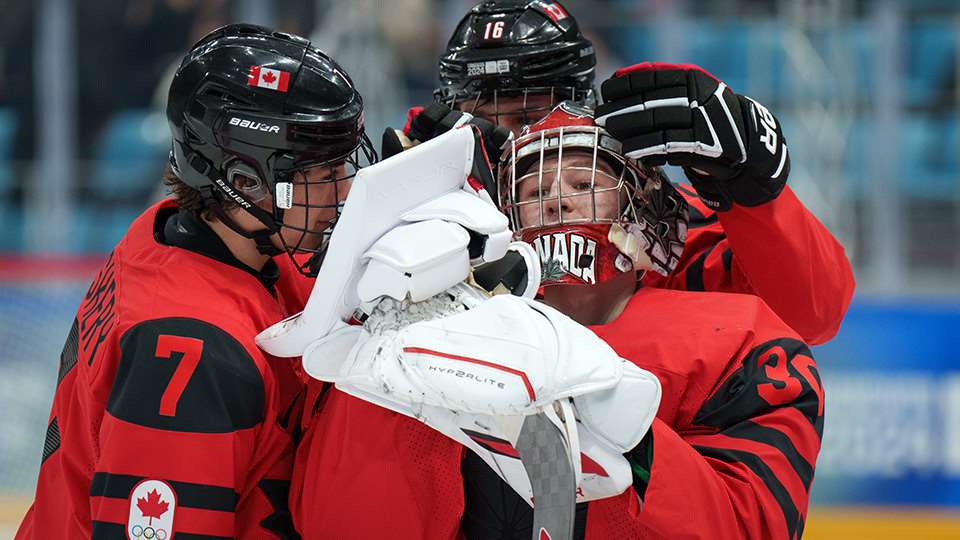
A Program Striving for Excellence

The Canadian Hockey Association recognizes that it has a tough act to follow.
When you sweep the Salt Lake City Olympics last winter--the first gold for the Canadian men's team in a half century, the first gold for the Canadian women ever at the Games--it would seem to leave nothing for encore. That would seem to be even more true when you think of all the storylines--triumphs over the United States in both championship games, Mario Lemieux letting a pass run through his skates for a key goal in the men's final, the Canadian team hanging on despite some "home-cooking" by an American referee.
"There's no doubt that our program had some tremendous momentum coming out of the Olympics," said Bob Nicholson, the CHA president.
Yet these were only the most famous moments--the end points--for the CHA's Program of Excellence. There was far more to the association's dream season than these famous stories from Salt Lake City.
It started back in August 2001 when Rick Nash of the
OHL’s London Knights put on a display that many described as the best-ever performance by an under-18 player in the program. Nash was the leader of a Canadian team that brought home the gold from an elite international tournament in the Czech Republic.
Nash was also a member of the team at the IIHF World Junior Championship in the Czech Republic that lost a 5-4 thriller in the gold-medal game to a Russian squad that the Canadians had handily beaten in the preliminaries.
In going out to a 3-1 lead through 20 minutes, Canada had knocked the Russian starting goaltender out of the game. Even though Russia rallied in the middle frame, the Canadian juniors battled right down to the final seconds, scrambling furiously in front of the Russian net, which mysteriously jumped the magnets just a breath before the buzzer.
It was a loss of a game but, by the reckoning of CHA officials, still a validation of a new approach to a tournament that Canada had dominated in the 90s, winning five in a row and seven of eight gold medals in one stretch, but none since 1997.
In those championship seasons Canadian coaches and scouts had utilized a "ghost roster," a blueprint with defined roles for players. This yielded spectacular results for much of the last decade but just as clearly left a few quality players out in the cold--the twice-released Mike Comrie is a good example.
The medals that Canada brought home from these last two World Junior Championships--bronze in Moscow in January 2001, a silver a year later--didn't constitute a change. After all, the Canadians also had a silver and bronze to show for their two previous tries. But how the Canadian team approached the tournament was a turn-about--a line-up less reliant on 19-year-olds and more open to under-age players.
"I wanted to take our best skilled players and match them up against their skilled kids," said Stan Butler of the Brampton Battalion, who had coached the last two Canadian teams at the World Junior Championships. "I don't think that our juniors have to take a back seat to those kids from the other nations.”
"I'm really happy with our last two world junior teams," said Nicholson, who'll admit that it was difficult for the program to switch from a formula that had brought so much success. "I really think these past two tournaments will free us up a bit. It's still important to have those role players, but [the ghost roster] had been limiting us in some ways."
Just as the world-junior program is undergoing a strategic shift, so too is it undertaking a generational one: This winter Mark Habscheid will be behind the bench, becoming the first former National Junior team player to return as its head coach. He was a member of the team that won Canada's first gold in this tournament, a memorable victory in Minnesota in 1982.
"I'm just the first with the world junior team," Habscheid said. "It isn't completely new. I've been involved with teams at the under-17 and under-18 level and I was an assistant to Stan Butler on last year's team. And there are going to be lots more guys like me in the pipeline, guys who'll come after me, a lot of names better known than mine. The same will be true of the women's program too. I think we'll see players from the women's team that won in Salt Lake City eventually working as coaches of the development teams and the national teams.”
"It's really the program reaching a full cycle," Nicholson said. "We have people who came into the system as players--men and women--and then going on into coaching and giving back to the Program of Excellence, it's a very different point than we've been at before.”
"But coming full cycle isn't just a matter of repeating ourselves. We're still looking for change and I'd point to our going to the men's world under-18 championship for the first time last spring as an example. You want to keep what works but also look to adapt. While we'd been successful in the past only playing in the (invitational August) under-18 tournament and not sending a team to the worlds in April, we thought it was an opportunity that we should explore."
Canada had never sent a team to this tournament because of scheduling: It conflicts directly with the major-junior playoffs and thus many players who are available to the program in August are tied up when the World Championshiop comes around. Rick Nash, for instance, was playing in the Ontario Hockey League playoffs when the Canadian Under-18’s headed off to Piestany, Slovakia for this spring's tournament. A team was put together with players from teams that didn't make the second round of the playoffs in the Canadian Hockey League.
Though the Canadians finished sixth at this inaugural tournament, the man who selected the squad said the real results will be seen in the long run. "Giving some of these players a chance to play in an elite international tournament when they would otherwise be at home not playing has to be a positive," said Barry Trapp, the longtime Director of scouting for the CHA who joined the Toronto Maple Leafs last summer. "It's a learning experience for them and it's a learning experience for the program."
The results from last winter’s World Under 17 Challenge in Stonewall and Selkirk, Man. augur well for future national teams. Though the U.S. defeated Team Pacific 4-3 in overtime in the gold medal game, Canadian regional teams finished second, third, fourth and fifth overall, ahead of national teams from Russia, the Czech Republic and Finland.
“It was disappointing to lose to the American team but you have to take into consideration that the U.S. team practices all year long and plays a regular schedule of games,” said Barry Medori, coach of the silver-medallist Team Pacific, a squad that sent ten players to the national under-18 program last summer.
“Our players and the other Canadian teams learned a lot about coming together very quickly in a tournament environment.
“There obviously wasn’t a whole lot separating our team and the tournament champions and to be fair the other Canadian teams were just about as close,” said Medori, coach of the Northern Alberta Institute of Technology. “It was an excellent performance by our team and you can see how players raised their game after the tournament—take a couple of kids like (centre) Colin Fraser and defenceman Dion Phaneuf with the Red Deer Rebels. They came back to their club much better players after the tournament. It was tough losing to the U.S. in that tournament final but it leaves some work for these young players to do and gives them some motivation.”
On the matter of having a tough act to follow, leave the last word for Mark Habscheid: "As a person and a program the same thing applies. Being through all this once is experience that you can draw on--you will know some things that someone who hasn't been there probably doesn't know. But just because you've been there once doesn't mean you know everything. You can't afford complacency--even after, maybe especially after victory. That's what I've learned over the years from the people in the Program of Excellence--if you're satisfied with whatever you've won and if you're not constantly trying to get better, you're already beaten."
For more information: |
- <
- >

















